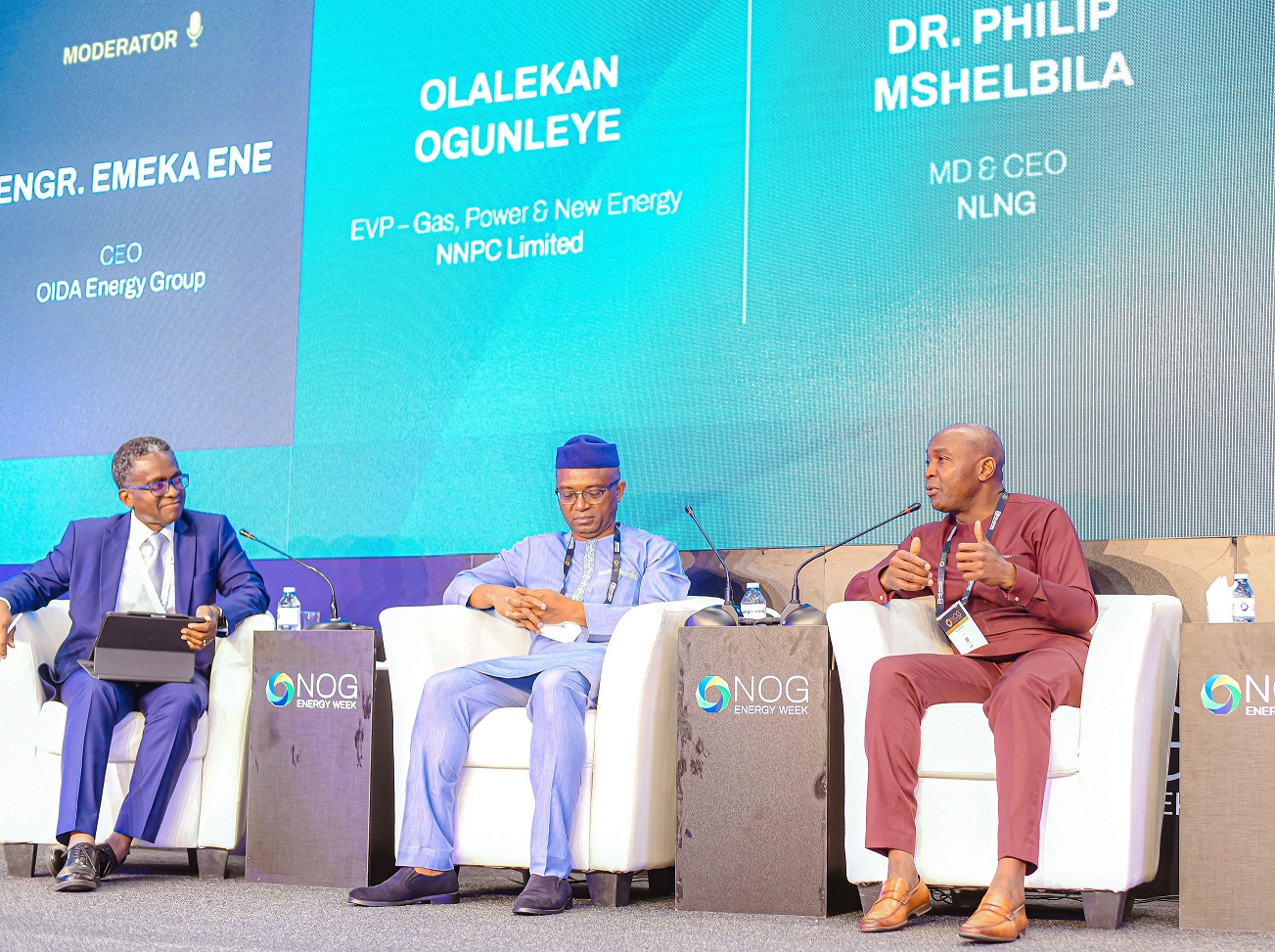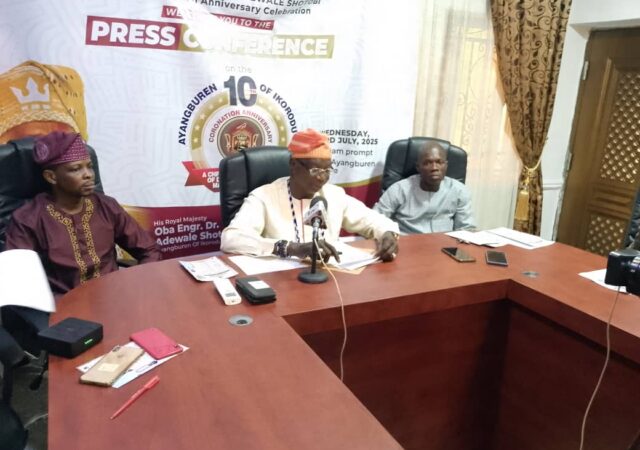Nigeria LNG Limited (NLNG) has taken center stage with a bold message: Africa’s vast natural gas resources can power the continent’s development—but only if stakeholders embrace a culture of performance, integration, and delivery.
Speaking during a high-level panel session at the ongoing 24th NOG Energy Week 2025 titled “Accelerating Gas Development for Domestic and Global Energy Needs,” NLNG’s Managing Director and CEO, Dr. Philip Mshelbila, stressed that while Nigeria possesses abundant gas reserves, unlocking their full value requires far more than just potential.
“Having gas is only the beginning,” Mshelbila told the packed auditorium. “You need to find it, produce it economically, transport it efficiently, liquefy it, and ensure the entire value chain works cohesively. That’s how LNG becomes viable—not by talk, but by action.”
Moving Beyond Rhetoric to Results
Mshelbila’s remarks struck a chord with the event’s theme of energy transition and industrial growth. He argued that the global energy industry, now driven by accountability and real results, is watching Nigeria’s gas sector closely. Performance, he said, will shape the narrative, not PowerPoint slides or policy speeches.
“If we want to change how Nigeria is perceived globally, we have to show performance. Results attract investment. That’s what set countries like Qatar and the U.S. apart—they delivered, not just marketed,” he said.
Reflecting on the NLNG story, Mshelbila noted that although it took over three decades to get the company off the ground, once it began operations, progress came swiftly. “We moved from one expansion to another because we stuck to the fundamentals.”
Signs of Progress and Growing Confidence
Acknowledging the historical challenges that have slowed Nigeria’s gas development—such as infrastructure gaps, policy uncertainty, and weak delivery frameworks—Mshelbila noted that many of these issues are now being addressed.
He highlighted recent legislative and regulatory reforms, including the enactment of the Petroleum Industry Act (PIA), improvements in governance, and presidential directives that are renewing investor confidence. One visible sign of this is the ongoing construction of NLNG’s Train 7 project, which is set to increase production capacity to 30 million tonnes per annum (mtpa).
“As soon as we fixed key issues around fiscal terms, local content, and contracting, foreign direct investment started flowing again. That’s what happens when performance meets reform,” Mshelbila said.
Drawing comparisons with Qatar—a country that started LNG operations around the same time as Nigeria—he pointed out that while Nigeria is scaling up to 30 mtpa, Qatar is pushing beyond 140 mtpa. “That’s the level of ambition we should be aiming for,” he stated.
A More Integrated Energy Ecosystem
Mshelbila also pointed to signs of increasing integration and professionalism across Nigeria’s energy ecosystem. From regulators to investors and host communities, he noted a stronger alignment that is helping reduce costs, eliminate inefficiencies, and break down historical bottlenecks.
The session, moderated by Engr. Emeka Ene, CEO of OIDA Energy Group, also featured leading voices in Nigeria’s gas sector, including Olalekan Ogunleye, Executive Vice President, Gas, Power and New Energy at NNPCL; Engr. Chichi Emenike, Acting Managing Director of Neconde Energy Limited; and Ralph Gbobo, Managing Director of Shell Nigeria Gas.
Together, they shared insights into how Nigeria can fast-track gas development to meet both domestic and global energy needs while ensuring sustainable growth and energy access.
As the continent seeks solutions to energy poverty, economic diversification, and global competitiveness, NLNG’s message is clear: Africa’s gas future lies not in potential, but in performance—and in working together to deliver results that matter.







